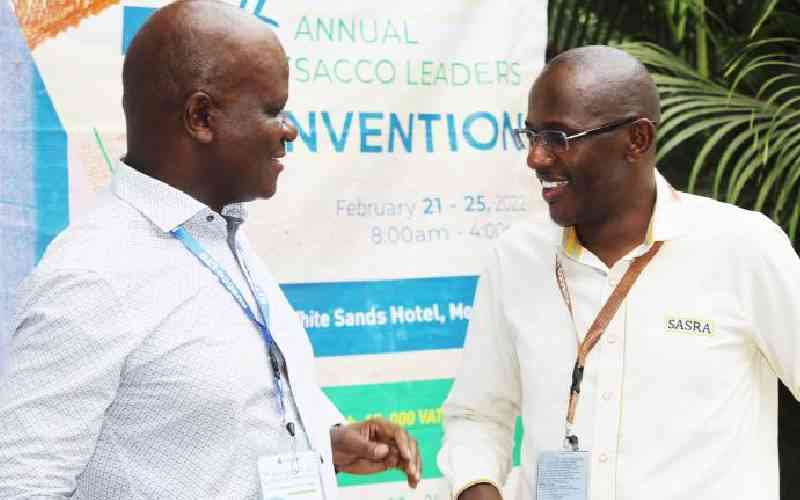×
The Standard e-Paper
Truth Without Fear

Non-deposit-taking Saccos will beginning this month pay an annual regulatory fee as they fully come under the purview of the industry regulator - the Saccos Societies Regulatory Authority (Sasra).
The Annual Sacco Societies Levy has been put at 0.1 per cent of the total non-withdrawable deposits held by a Sacco as per its audited accounts for the preceding year.

